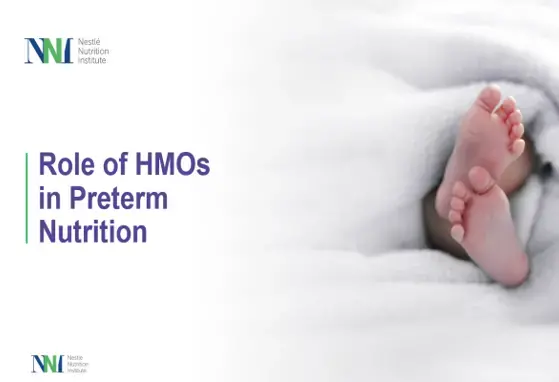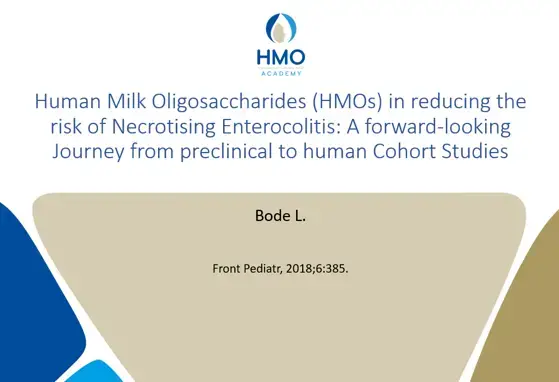
Preterm Nutrition Academy
Over 10% of babies worldwide are born prematurely, with increasing rates in both developed and developing countries. Preterm infants face developmental immaturity that affects various organs and systems, potentially leading to long-term health issues. They have unique physiological characteristics that create specific nutritional requirements. Therefore, adequate nutrition is essential for their growth and development.
The Preterm Nutrition Academy is committed to offering practical resources to assist healthcare professionals in the complex area of feeding preterm infants.

Articles

Post-Discharge Nutrition in Preterm Infants: Balancing Growth and Long-Term Health

Nutrition for infants with bronchopulmonary dysplasia: can individualised nutrition be the answer?


Nutrition strategies to prevent adverse short term outcomes in preterm neonates
Infographics

Navigating the Digital Landscape: Social Media, Medical Doctors and Ethics
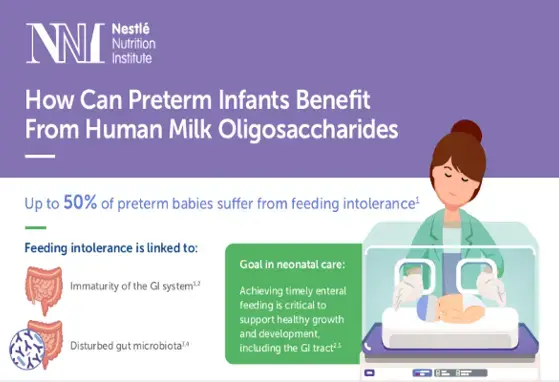
How Can Preterm Infants Benefit From Human Milk Oligosaccharides
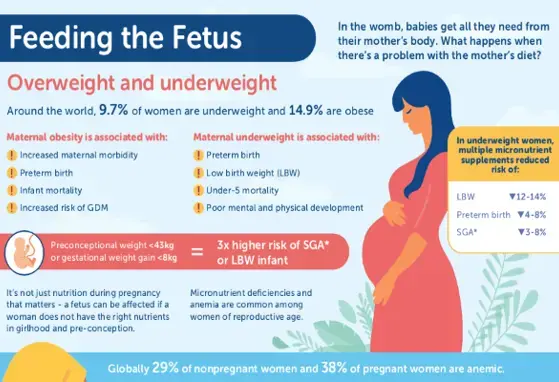

Videos

Nurturing Preterm Infants: Transitioning to Effective Feeding Strategies
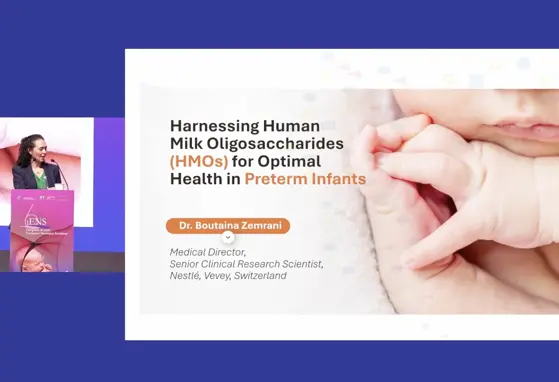
Harnessing HMOs for Optimal Health in Preterm Infants
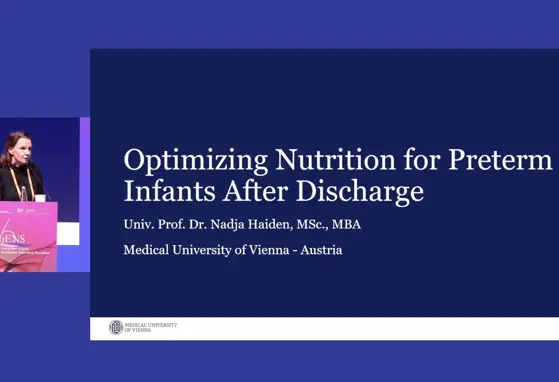
Optimizing Nutrition for Preterm Infants After Discharge
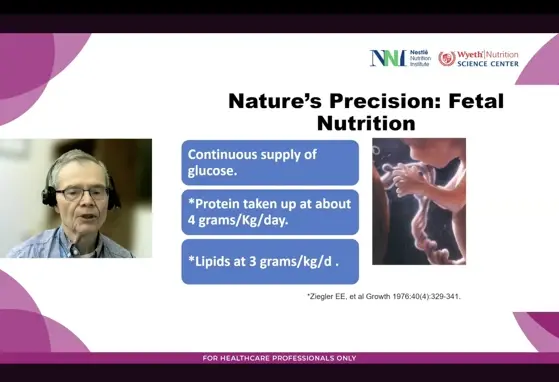
Nutrition for the sick preterm: can we make it more precise?
Podcasts

Josef Neu - Advances in Pre‑Term Nutrition: Optimizing growth and outcomes for the smallest patients - Milestones in Pediatric Nutrition - Episode 5

Gianluca Lista - Preterm nutrition and brain development - Annales Nestlé - Episode 9

Catalina Bazacliu - Nutrition for infants with bronchopulmonary dysplasia: can individualised nutrition be the answer? - Annales Nestlé - Episode 8

Samantha Rodriguez - Nutrition strategies to prevent short-term adverse outcomes in preterm neonates - Annales Nestlé - Episode 7
News

Clinicians should consider daily DHA supplements during pregnancy to reduce early preterm birth: Study

Nutritional supplementation in preconception and pregnancy linked to reduced risk of preterm birth

Johns Hopkins study shows mother's diet may boost immune systems of premature infants

Preemies face higher risk of diabetes as children and young adults
